
HRC Global Alumni Share How Their Work Is Changing During the COVID-19 Crisis
by HRC Staff •
Since the COVID-19 pandemic broke, it is impacting global LGBTQ advocacy in numerous ways.
Post submitted by former HRC Global Director Jay Gilliam
Since the COVID-19 pandemic broke, it is impacting global LGBTQ advocacy in numerous ways. Global advocates are having to quickly change their work to support emergency assistance, manage communities in crisis and organize everything online. Much of this is happening in places and with communities that do not always have easy access to the internet and online support or safe physical spaces to connect virtually.
HRC recently spoke to advocates from our Global Alumni Network about how they are changing how they work with LGBTQ community members in their countries during the COVID-19 crisis.
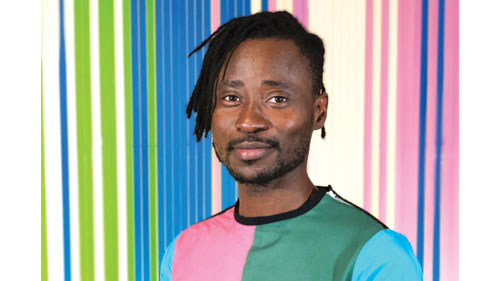
Bisi Alimi (@BisiAlimi)
Nigeria/UK
Bisi Alimi Foundation
Since the break of COVID-19 globally, we have had to rethink our work with LGBTQ people in Nigeria. As the world goes on lockdown, many LGBTQ Nigerians will have to return to abusive and homophobic homes, and many others will be homeless.
We are creating safe, informative and empowering online spaces to sustain community. We have set up interactive webinars to provide information and support for LGBTQ people and virtual meditations to deal with the anxiety that comes with COVID-19.
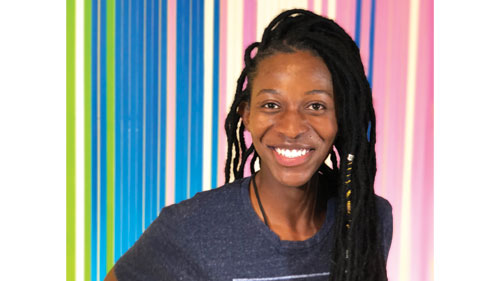
Hazel Tshepang (@AWOSHe_Trans)
Botswana
African Women for Sexual Health and Gender Justice (AWOSHe)
Our organization staff are finding innovative ways to adjust to the drastic changes: We hold activities via WhatsApp, an effective and inexpensive way to come together. There, we can educate our community about COVID-19 and what it means for LGBTQ people.
We also track human rights violations more than ever in quarantined areas because we know that discrimination does not stop just because of a pandemic. And we are proactive about telling LGBTQ people, trans and queer ones in particular, who feel insecure or under threat to report those incidents to us.
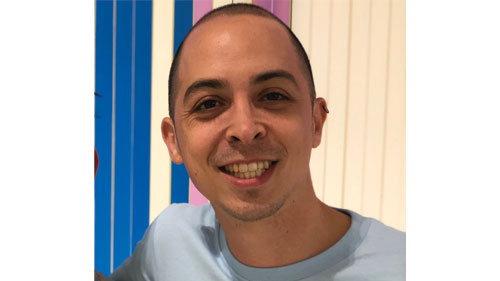
Mariano Ruiz (@marianoruizrg)
Argentina
Fundación AMAL Argentina
We are working on providing assistance to LGBTIQ refugees who live in Argentina. Most of them have jobs in the informal economy. Due to the forced quarantine, they are not able to work and, as a result, need food assistance.
After a detailed survey of each person's situation, we are shifting to work hand-in-hand with the national government and the United Nations High Commissioner for Refugees (UNHCR) to provide non-perishable food assistance and delivery to their homes. Additionally, we are also surveying the needs of people living with HIV and access to medication.
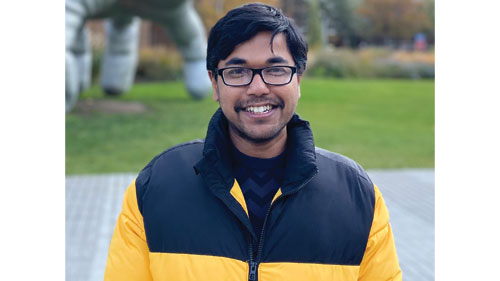
(Photo credit: FNU Ahadujjaman)
Rasel Ahmed
Bangladesh/US
Community organizer, filmmaker, and founding editor of the first Bangladeshi LGBTQ magazine
Roopbaan
As a queer Bangladeshi currently living aboard, I worry about hijra (a gender-based community who identify themselves neither male nor female) and khoti (effeminate men). While housing and health care remain a top issue for the hijra community, their primary sources of income, such as badhai (blessings for newborn), cholla (collecting tolls in their jurisdiction) and sex work, have come to halt due to a countrywide lockdown. Moreover, relief work often excludes members of these communities because of personal stigma.
For support, local Bangladeshi LGBTQ members and organizations are currently coordinating short and long-term support i.e. food, cash and medicine to hijra community members affected by COVID-19.
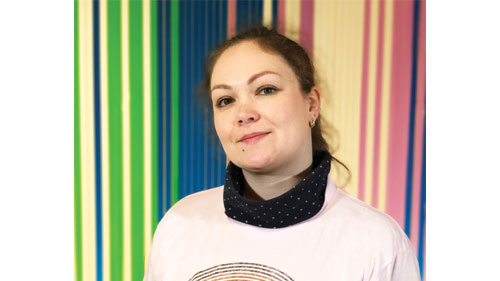
Svetlana Zakharova (@RuLGBTNet)
Russia
Russian LGBT Network
In Russia, problems that the LGBTQ community face are seen as secondary at best and generally not worth solving at all. We have arranged more psychological support for people like an online chat and voice hotline with a psychologist.
We know that growing anxiety leads to increasing amounts of violence. Particularly when people are locked-in with their abusers, the system fails to deal with their threats and problems. So we have created more online spaces for the community, understanding this kind of support is what’s needed most now.
HRC applauds the extraordinary work of these and the many other resilient advocates around the world. We continue to be in solidarity with them, lift up their voices and amplify their needs and the needs of their communities.
- Topics:
- Global
Love Conquers Hate
